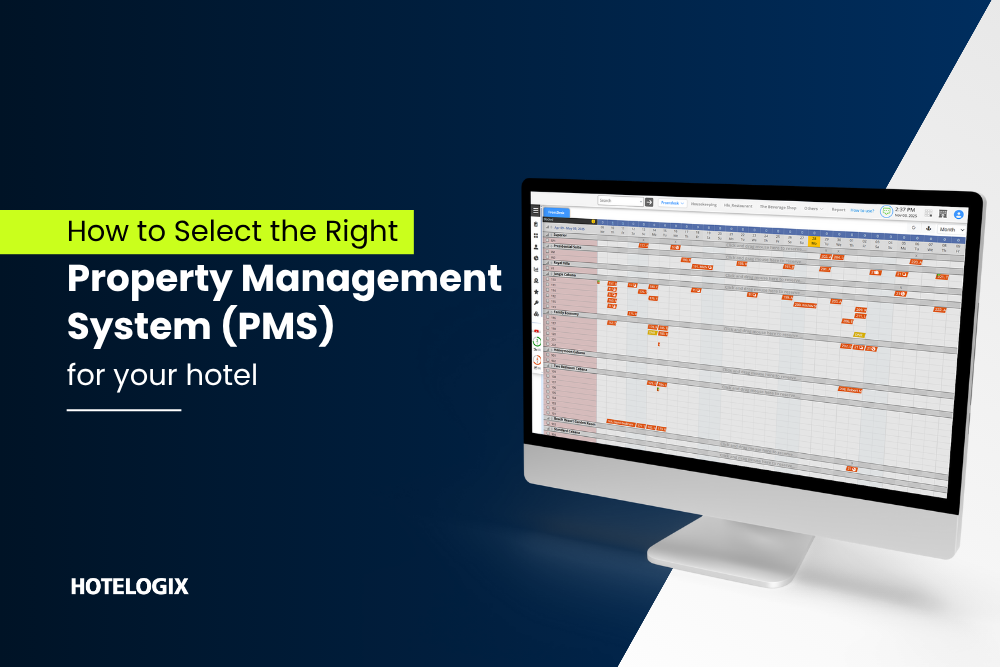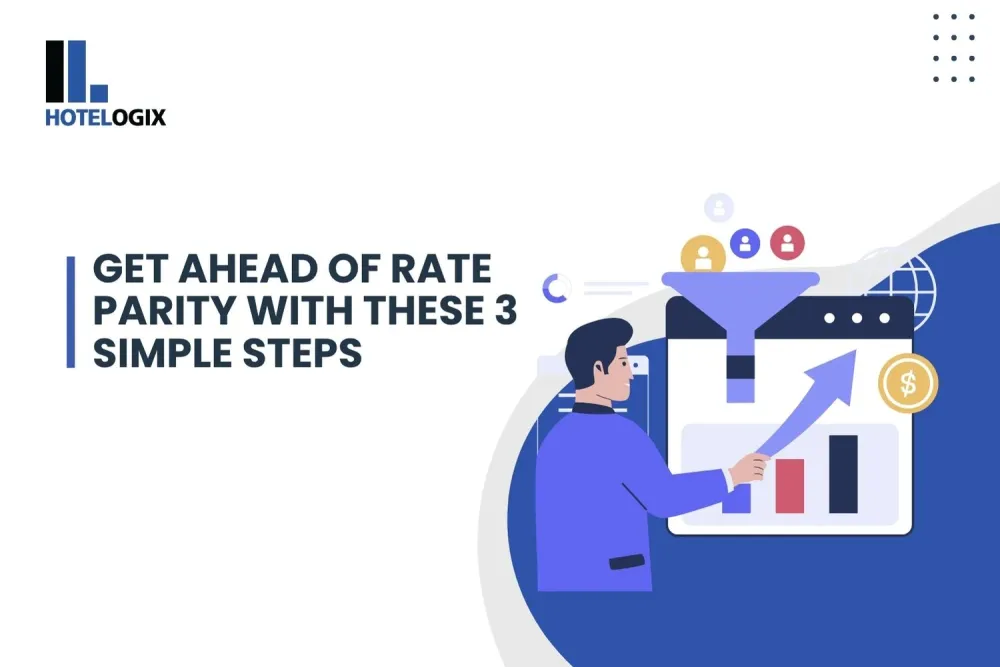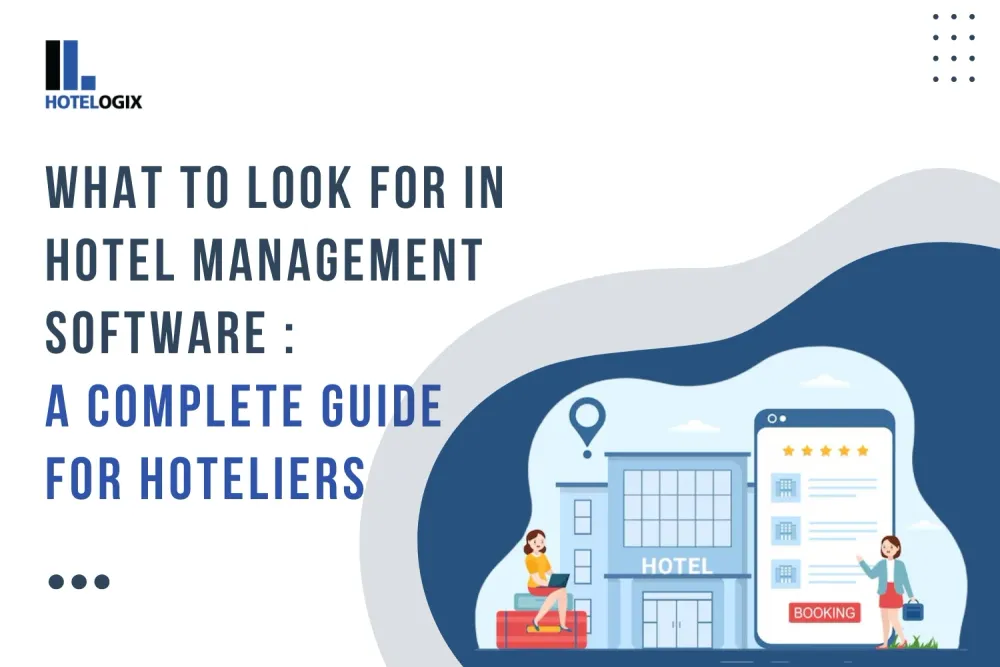
Technology is breaking new ground every year and hospitality is usually among the first industries to benefit from the latest innovations. Guest trends are changing all the time and travelers today demand more personalized services, forcing hoteliers to adapt or risk losing out to the competition. While there’s no doubt that you may be doing all you can to ensure that your property is properly optimized to handle as many bookings as possible, it’s only human to miss out on things.
That’s why we’ve come up with this checklist to help you make sure that you’ve covered all bases when selling rooms this 2016 –
Active Social Media Profiles:
Having social media profiles on all popular channels is mandatory so we’re not even going to discuss that here. But the point of a social media account is to keep engaging your audience – an idle profile isn’t going to do you any favors. Encouraging guests to post pictures, share their opinions and make suggestions doesn’t just help build a relationship with your guests, it also exhibits your property’s features to their friends and family.
Cloud-based Management:
This might not seem like an absolute necessity and it might seem promotional for me to say otherwise. But the fact of the matter is, a property management system optimizes a hotel’s resources so well that it’s hard for properties that don’t use them to even compete with the ones that do. From saving man-hours to improving all-round productivity, it’s hard to replicate the system’s impact using manual methods. Going forward this year, a number of hotels will be making the switch to the cloud – and it only makes sense to arm yourself with the best tools available with competition as fierce as it is.
Distribution Networks:
When a hotel isn’t running at its highest possible occupancy, it’s losing money. And it’s not possible to rely on just telephone or walk-in reservations anymore – millions of bookings are made on OTAs and not being a part of these platforms is a huge mistake. While it’s true that online agencies have high commissions, eliminating them from your distribution strategy is not the way to go. A number of guests visit the hotel’s own website after seeing the property on an OTA!
Well-Optimized Website:
A website is the best way to offset the imbalance generated by paying out all those OTA commissions. Having a well optimized, fast website equipped with a direct booking engine is an absolute must today – users are generally impatient and will just move on if your site takes too long. Guests visiting from an OTA – as we mentioned above – are probably doing so to discover more about your property so ensure that your site is vividly descriptive and full of pictures, leaving nothing to imagination.
Mobile Compatibility:
Almost everything that can be done on computers is done on mobile phones today, be it arranging transportation, making reservations or even booking tickets. Ignoring this platform is unthinkable in this age, especially with Google projecting that smartphone usage is only going to keep climbing. Hotels are taking this medium so seriously that many are designing dedicated apps for their property!
Real-time Integration:
Having a vast collection of powerful hotel management tools is great, but without real-time integration, all that technology can be undone the moment an error takes place due to the time-lag. A double-booking is a perfect example of such a situation – they ruin the guest experience and cost the hotel’s reputation, especially today when anyone can use social media to voice their opinions. Real-time integration allows all the various systems such as the revenue management system, channel manager, the PMS and so on, to interact with one another instantaneously, allowing unmatched efficiency when handling information from multiple software
Nobody said running a hotel was going to be easy and by now, you’re probably well aware of that. But that doesn’t mean it can’t be rewarding – after all, the very essence of hospitality is what attracted us to this industry in the first place!





